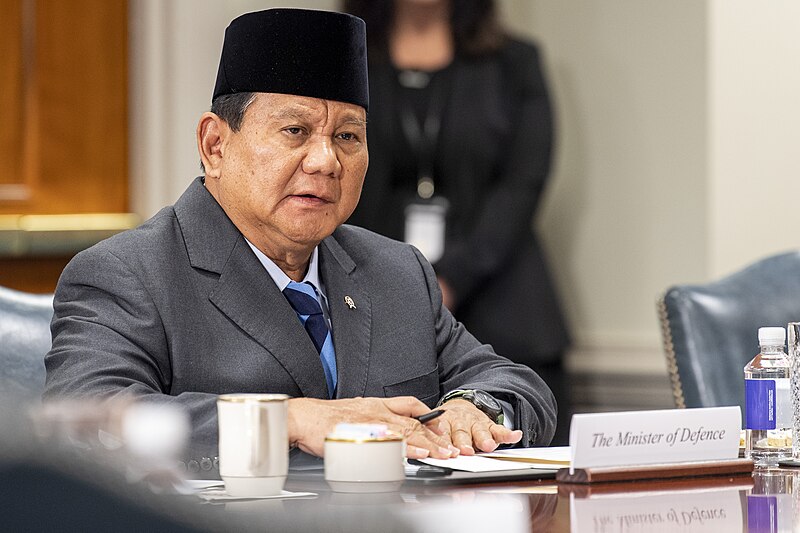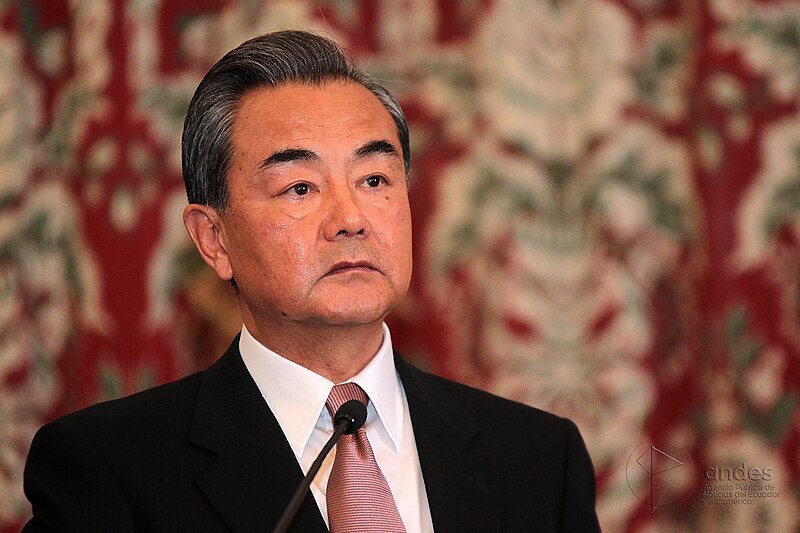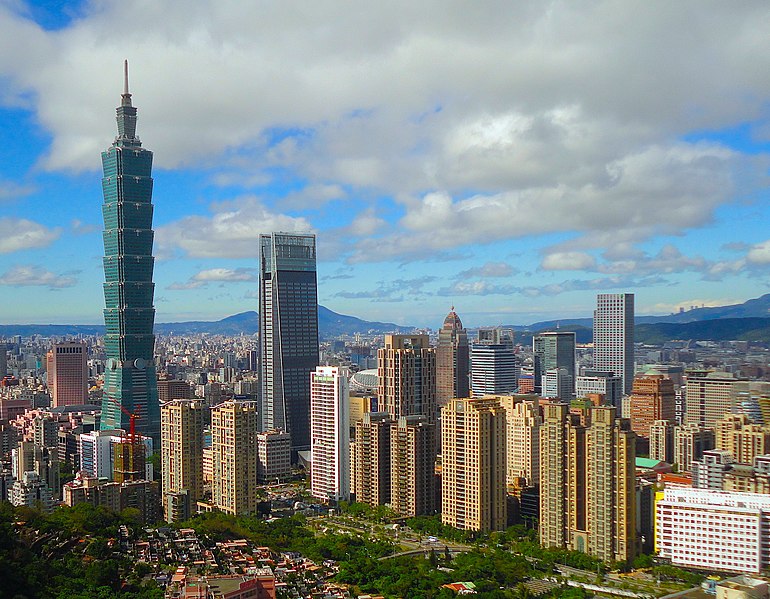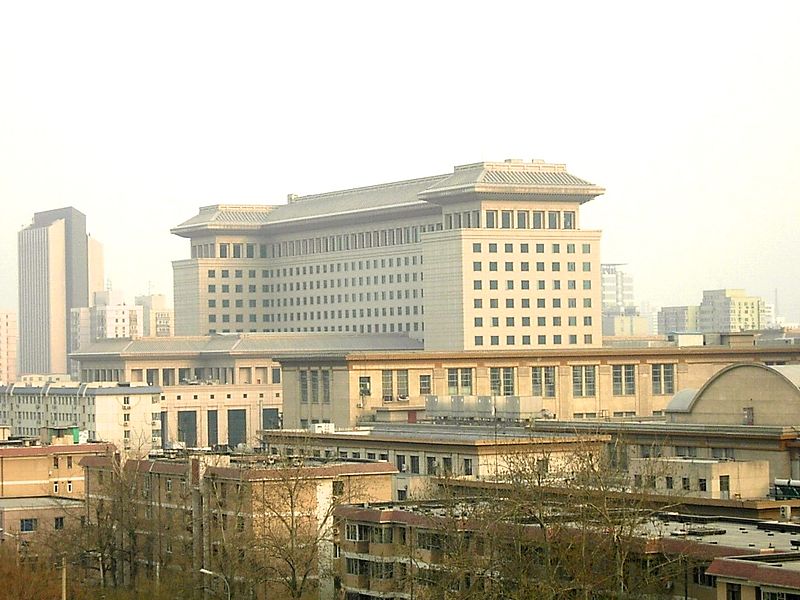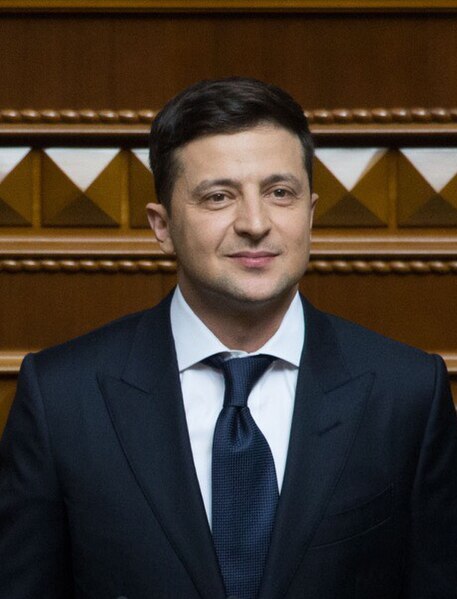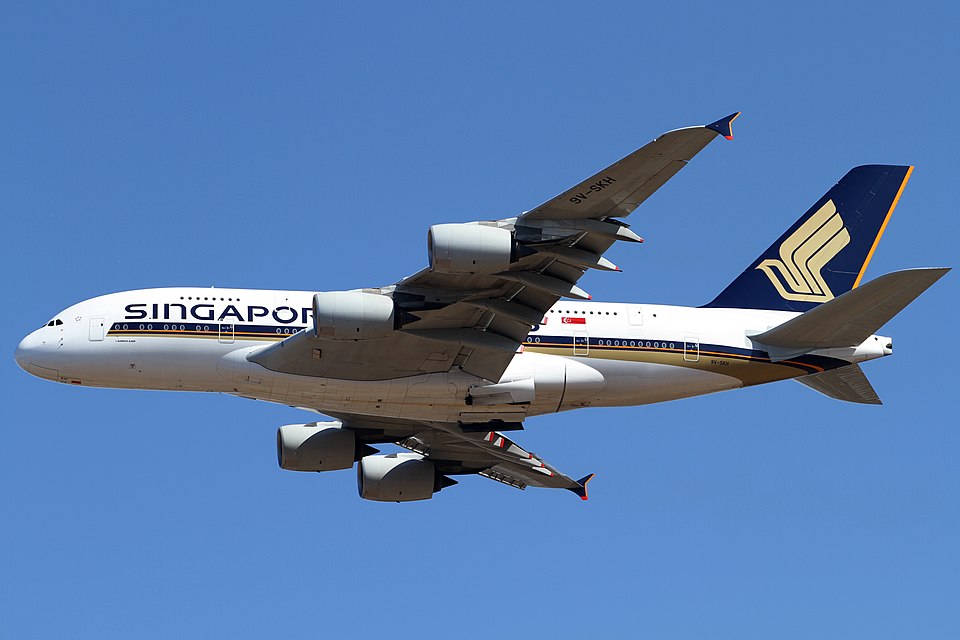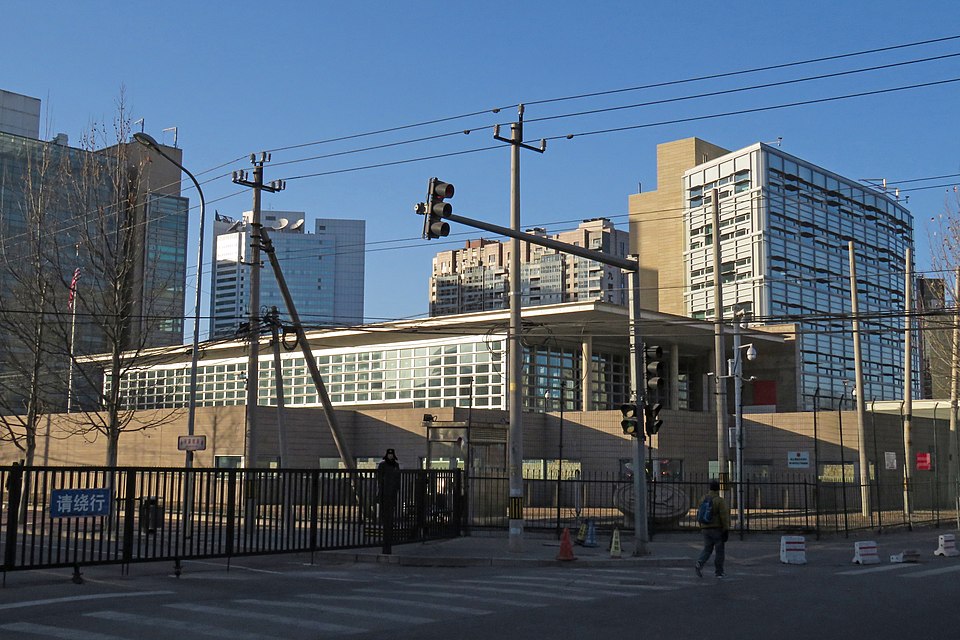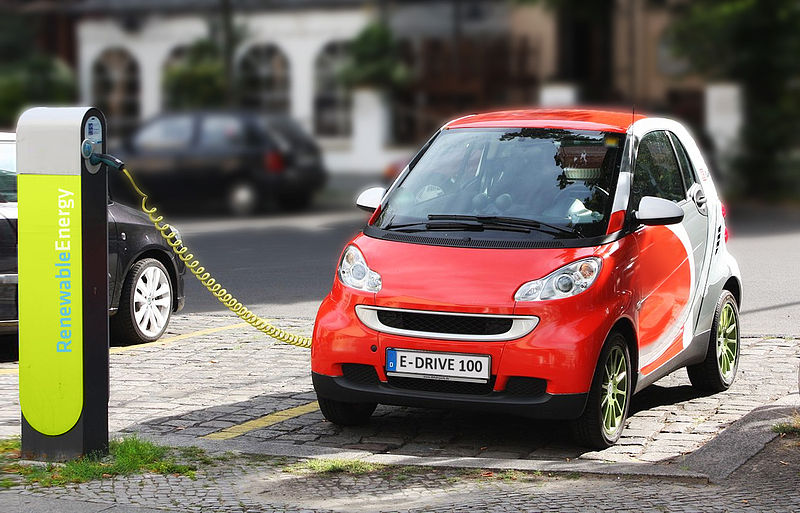
China has called on the European Union to withdraw its plans for preliminary tariffs on Chinese electric vehicle (EV) imports before July 4, as reported by China's
state-controlled Global Times. These tariffs, which could reach up to 38.1%, are set to be implemented while the EU conducts investigations into what it alleges are excessive and unfair subsidies provided to Chinese manufacturers.
Technical discussions between European Commission officials and Chinese counterparts are scheduled to take place in Brussels this week. A spokesperson for the European Commission emphasized the necessity for any negotiated outcome to effectively address what it considers injurious subsidization.
German Chancellor Olaf Scholz stressed the need for substantial progress from China in these negotiations. Meanwhile, China has expressed its desire to avoid escalating trade tensions, especially in light of previous conflicts with the United States under the Trump administration.
The Global Times, citing observers, highlighted the optimal scenario where the EU would cancel its tariff plans before the July 4 deadline. However, analysts and European trade groups assert that China must be prepared to make significant concessions during negotiations.
Alicia Garcia Herrero, a senior fellow at Bruegel, noted the complexities involved, including upcoming elections in France that may influence decision-making timelines within the EU.
The European Commission is expected to reach a final decision on the tariffs by November 2, following the conclusion of its anti-subsidy investigation. At present, the Chinese Ministry of Commerce has not responded to requests for comment from Reuters.
The prospect of negotiations has been viewed positively by Siegfried Russwurm, head of Germany's largest industry association BDI, who emphasized the importance of dialogue in preventing further economic friction. Nevertheless, concerns remain within the EU about China's industrial policies and potential impacts on European markets.
China has defended its developmental strategies in the EV sector, rejecting allegations of unfair subsidies and overcapacity issues. Despite its call for talks, Beijing has hinted at potential retaliatory measures against EU products, including agricultural goods and high-displacement petrol cars, should the tariffs proceed as planned.
In light of these developments, both sides are bracing for a crucial phase in their trade relations, balancing economic interests with strategic considerations amid evolving global trade dynamics. Photo by Michael Movchin / Felix Müller, Wikimedia commons.
